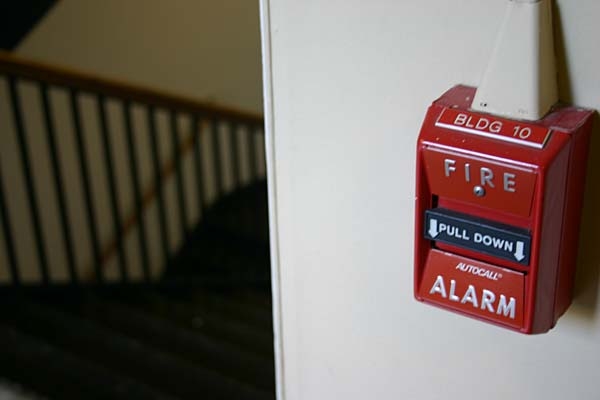Systems for fire detection and alarm can save lives. As a result, installing one in your house is not only suggested but also required. Today’s market is flooded with fire alarm solutions, but not all of them are created equal.

There is no one fire detection, and alarm system that you can use in all types of facilities, and not all systems provide the same set of benefits.
Before having a system installed or updated in your house or building, you should consider a few things. This post will go through the key considerations to make when selecting the best fire safety system for your home.
1. Installation and Location of Use
When selecting a fire alarm system, consider the simplicity of installation by the commercial security company of your choice. Battery-powered fire alarm systems, for instance, are simple to install and replace batteries, making them an excellent alternative for residential structures.
On the other hand, hard-wired systems are more difficult to install than battery-powered systems, but they are the ideal option for companies since they are more dependable.
Residential fire alarm models are intended solely to detect fire. Put them in your kitchen to warn you if something unexpected is burning before a fire breaks out. On the other hand, commercial and industrial buildings require more than a fire alarm system.
That is because various severe triggers, such as chemicals, defective machinery, electricity, and flammable substances, can ignite a fire in industrial and commercial structures. As a result, you should integrate fire alarm and fire suppression systems in your businesses.
They will not only alert you of a fire incident, but they will also put out the fire using water and other appropriate chemicals. Before the arrival of firefighters, the system will assist in minimizing the damage.
Read Also:
2. Fewer False Alarms
False alarms are harmful to both persons and businesses. In the worst-case scenario, they foster complacency, leading to people dismissing a genuine alert.
They may also be quite expensive, resulting in fines from the Occupational Safety and Health Administration (OSHA) when employees fail to leave the premises as mandated when an alarm is activated, as well as fire department expenses when firemen respond to a call needlessly.
Fortunately, most early detection devices that might activate a fire alarm now feature sensors that can separate smoke and fire from other conflicting signals that cause a false alert, such as steam and dust.
Additional modern fire control panels on the market offer real-time control through the Internet, automated detection and diagnostics, and can swiftly discern between dangers and non-threats, reducing false alarms even more.
3. Statutes and Codes That Apply
Apart from those recognized by the federal government, municipal and state governments implement various rules and standards. These regulations and standards assist homeowners and business owners avoid fire and explosion threats.
It’s critical to ensure that your home or building complies with these rules, especially if you live in an older home or structure. Fire codes may have changed over time, so even if you have active fire detection and alarm system, you should regularly get it checked by a specialist.
In contrast, even if your building is not mandated by law to monitor fire alarms, it is still a good idea to monitor your fire alarm 24/7. A monitored fire alarm system installed by a reliable commercial security company ensures that the fire brigade is always alerted when the alarm is triggered.









